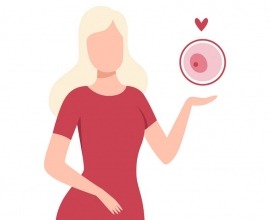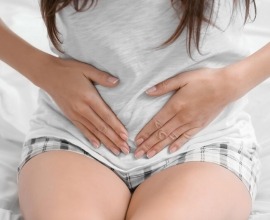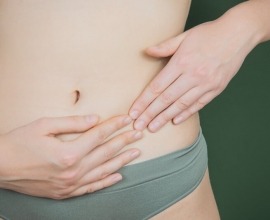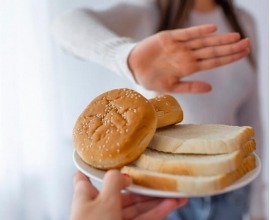What impact does your diet have on your fertility, and what food should you eat and what should you avoid?
- Can diet impact your fertility?
- What foods and nutrients should you eat when trying to conceive?
- What food and nutrients should you avoid?
Your diet is an important thing to consider when you decide to start trying to conceive or at any point in your fertility journey. Being healthy physically and getting all the nutrients you need will improve your likelihood of conception.
Diet can impact so many different areas of health and this includes fertility. Be observant of what ingredients are in the foods you eat, as some of these ingredients can be harmful to your body and health.
Can diet impact your fertility?
Your diet can indeed have an impact on your likelihood to conceive. Maintaining a healthy diet is important for successfully conceiving and maintaining a healthy pregnancy. You may be waiting to improve your diet when you get pregnant, but it is important to start looking into your diet before you start trying to conceive.
Obese women especially usually have more complications with fertility and pregnancy. Start improving your diet and lifestyle now if you feel that some changes can be made. Exercise and having an active lifestyle will also improve your likelihood to conceive. Being healthier in all areas of your life will help your chances of getting pregnant and having a safe pregnancy. [1]
What foods and nutrients should you eat when trying to conceive?
Many foods and nutrients have been proven to improve fertility rates in both men and women. If you are trying to get pregnant, try some of the foods and nutrients on this list. No food or nutrient will magically assure conception, but studies have shown that many of the foods and nutrients on this list can help.
It is important to eat foods that have antioxidants: Folate and zinc are antioxidants that have been shown to improve fertility in men and women. Look for these ingredients or supplements on food labels. Fruits, vegetables, nuts, and grains all have many antioxidants.
Eat fiber-rich foods: Fiber can help rid your body of excess hormones and keep your blood sugar balanced. Foods such as avocados, sweet potatoes, oats, beans, and fruits are fiber-rich and should be a part of your diet. The recommended daily intake of fiber is 25 grams for women and 31 grams for men.
Take a multivitamin: This is a simple step that may improve your fertility. The micronutrients in multivitamins can improve your chances of conceiving. Your doctor should look at your diet and recommend a multivitamin to help with nutrients you may be lacking. [2]
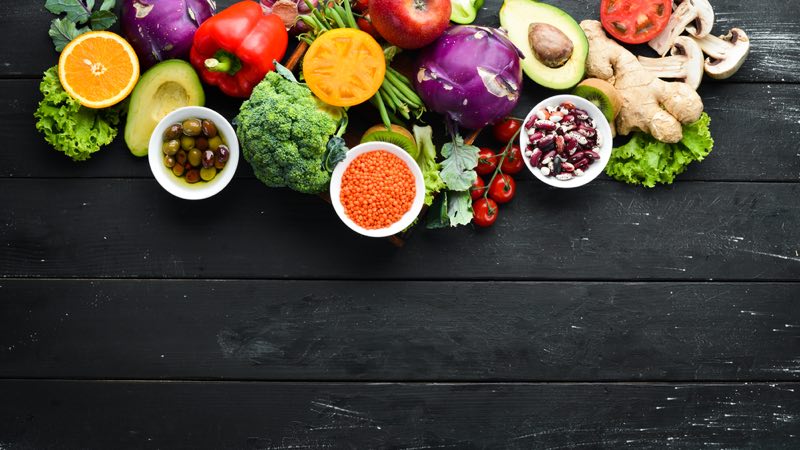
What food and nutrients should you avoid?
There are some foods and nutrients that have been proven to negatively impact fertility. Below is a list of some items to avoid when you do your shopping or are thinking about ingredients for a recipe.
-
Don’t buy foods made from unpasteurized milk: Cheeses such as brie, camembert, and chèvre should be avoided. There is a chance that foods made from unpasteurized milk may have Listeria bacteria. This bacteria can cause an infection called Listeriosis that can lead to miscarriage or stillbirth.
-
Avoid raw or undercooked meat: meats such as salami, prosciutto, and chorizo shouldn’t be a part of your diet. There is a small chance that you could get toxoplasmosis when eating raw or undercooked meat. Toxoplasmosis can cause miscarriage.
-
Be careful what fish you eat: Cooked fish and seafood are safe to eat. Smoked fish can be harmful. There has been a listeria outbreak connected to smoked fish. Make sure that if your fish is smoked it is cooked thoroughly. Fish not cooked thoroughly can be harmful to pregnant women or women trying to conceive.
Be careful about what you eat when you are trying to conceive. Eat and drink everything in moderation. Excess of anything can be harmful to your health. Talk to a doctor about what you should and shouldn’t eat. Your doctor’s opinion is the most important one to follow. [3]
Sources:
[1] https://www.health.harvard.edu/blog/fertility-and-diet-is-there-a-connection-2018053113949
[2] https://www.healthline.com/nutrition/16-fertility-tips-to-get-pregnant#9.-Add-in-a-multivitamin
[3] https://www.nhs.uk/pregnancy/keeping-well/foods-to-avoid/



